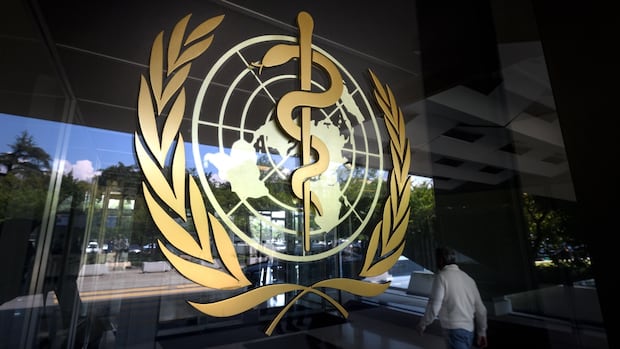The World Health Organization has added GLP-1 drugs to treat diabetes to its essential medicines list alongside treatments for cystic fibrosis and cancer, and said it hopes this will help improve global access to the costly drugs.
The list, consisting of 523 medicines for adults and 374 for children, is a catalogue of the drugs the WHO believes should be available in all functioning health systems. In the past, including a drug has helped boost access for people in poorer countries, such as for HIV treatments in the early 2000s.
“Rather than letting price be a disqualifying factor, the committee views inclusion in the essential medicines list as a potential catalyst for access,” Dr. Lorenzo Moja, head of the WHO secretariat overseeing the list, told Reuters.
The expert committee added the active ingredients in Novo Nordisk’s Ozempic and Eli Lilly’s Mounjaro to the list, to treat Type 2 diabetes in conjunction with established cardiovascular disease, chronic kidney disease or obesity.
In January 2026, the Canadian patent for Ozempic will expire, paving the way for cheap generic versions of the semaglutide injections that help regulate blood sugar levels and appetite. Dr. Tom Elliott, medical director at B.C. Diabetes, says that semaglutide injections have revolutionized his practice, and they are astonishingly effective.
The drugs were initially developed for diabetes but have become wildly popular weight-loss drugs, too, under different brand names, but the WHO stopped short of adding them to treat obesity alone, as it also did in 2023.
The committee said this decision provided clear guidance on which patients would most benefit from the therapies.
“High prices of medicines like semaglutide and tirzepatide are limiting access to these medicines,” the WHO statement added, saying that encouraging generic drugmakers to produce the product would also help when patents begin to expire on the drugs next year.
A spokesperson for Novo Nordisk said the company was committed to supporting broader access to its treatments.
Several companies are already working on generic copies.
Globally, more than 800 million people worldwide were living with diabetes in 2022, the WHO said. There are also more than one billion people with obesity. Earlier this year, a WHO memo said it would recommend the use of the drugs for obesity, a separate step to adding them to the essential list.
Cancer, cystic fibrosis therapies make WHO’s list
The list also includes Vertex Pharmaceutical’s combination therapy for cystic fibrosis, Trikafta or Kaftrio. Activists have criticized its high price and lack of accessibility for years.
SickboyTrikafta: Healing Isn’t Always Simple
They say the only constant in life is change, but what happens when the change you’re given feels like a double-edged sword? In this episode, the boys sit down with Connie, a young woman whose life with Cystic Fibrosis has taken a sharp turn thanks to Trikafta. She shares the raw realities of navigating a new chapter where her body, mind, and future are all in flux. From the ripple effects of this life-altering drug to the unexpected burden of added years, Connie explores the challenges of redefining herself and seeking community in a world that suddenly feels both more hopeful and isolating.
Catch the full video version of this episode on YouTube [https://www.youtube.com/channel/UCstejCbe9-zvG7nXgf-jwbg]!
Follow Sickboy on Instagram [https://www.instagram.com/sickboypodcast], TikTok [https://www.tiktok.com/@sickboypodcast] and Discord [https://discord.gg/expeUDN]
It also includes Merck’s top-selling cancer immunotherapy drug, Keytruda, for the treatment of cervical cancers, colorectal cancers and non-small cell lung cancers that have spread, or metastasized, and recommended strategies to increase access.
The WHO also added rapid-acting insulin analogs, also made by Novo Nordisk and Eli Lilly, among others, to the list for treating Type 1, Type 2 and gestational diabetes.







